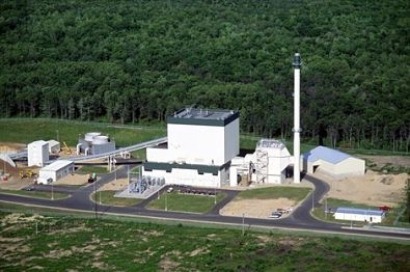
The report, commissioned by Drax and published by NERA Economic Consulting and Imperial College, examined hidden costs that the government is failing to recognise in its awards for renewable energy generation. These whole system costs are increasing with continued deployment of solar and wind, as a result of intermittency and the need to deploy other forms of power generation to meet electricity demand. However, if other renewable technologies, such as biomass, were brought into the UK energy mix, consumers could save £2 billion and energy security could be boosted.
The government is currently planning three auctions for new renewable energy contracts over the next four years, based on Contracts for Difference (CfDs) and all of them focused on offshore wind. The new research shows that offshore wind could require a CfD of £127 per megawatt hour (MWh), onshore wind £92-97 per MWh, solar £96 per MWh, and biomass £84 per MWh. Once these new support levels are modelled over the planned energy auctions, the new energy mix that could win contracts is shown to save consumers £1.9 -£2.2 billion. This support is already paid for through energy bills and the new cost-efficient mix would lessen the impact.
“This independent research shows it’s crucial we get the right mix of energy generation” said Drax Group CEO Dorothy Thompson. “The UK’s system faces growing challenges, from costs to reliability as traditional forms of generation are replaced with renewables. Intermittent renewables like wind and solar are vital as we continue to clean up energy generation, but they need to be backed up by a constant supply of electricity that can be flexed up and down to make sure the UK’s businesses and households always have power on demand.”
NERA Economic Consulting Associate Director, Daniel Radov, added that in order for the UK to achieve its environmental targets as efficiently as possible, it is essential to have policies in place that provide the right incentives to minimise costs.
Drax has now converted half of its energy generation at its power station in Yorkshire to biomass, using the latest compressed wood pellet technology. These deliver a minimum of 80 percent carbon saving against coal. With the right support from the government, Drax could easily finish the job.
For additional information:

